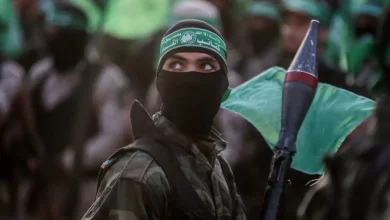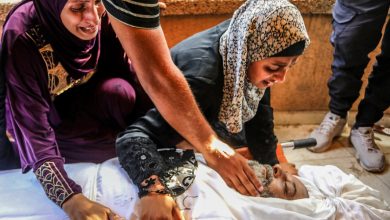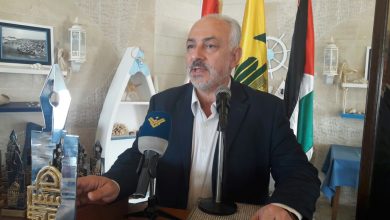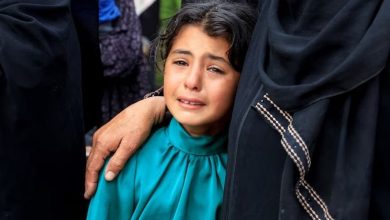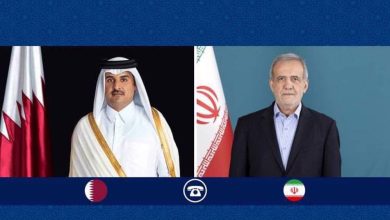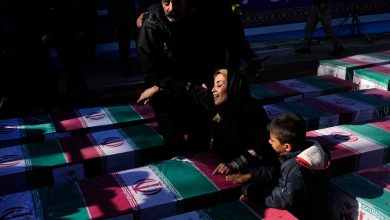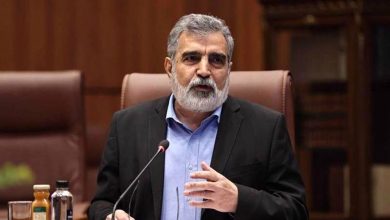Iran rejects allegations from the Arab League, asserting its commitment to maintaining stability in Syria
Iranian Foreign Minister Abbas Araghchi has refuted the Arab League's allegations directed at Iran, outlining multiple reasons to justify Tehran's pursuit of "stability" in Syria.
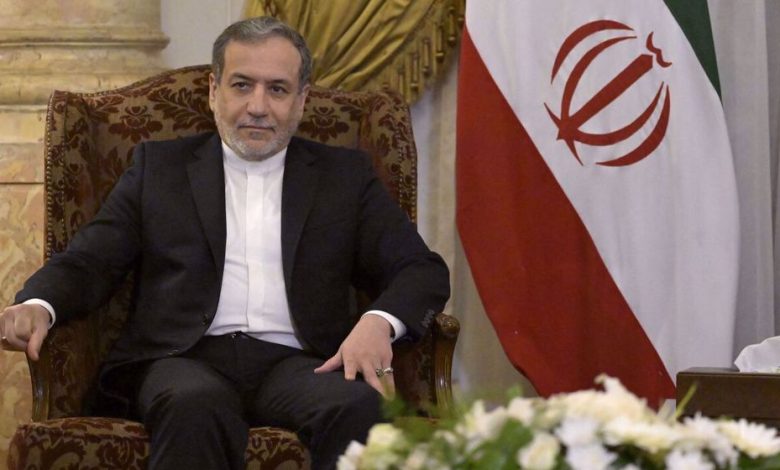
In a recent post on his X account, prominent Iranian diplomat Araghchi responded in Arabic to the Arab League’s latest statement, which accuses Iran of interfering in Syria’s internal matters. His remarks came on Friday amid ongoing regional tensions.
In a statement addressed to the members of the Arab League, the official expressed a shared aspiration for stability, tranquility, and the avoidance of chaos and unrest in Syria, citing nine specific reasons for these goals.
He highlighted Iran’s motivations, which include upholding Syria’s territorial integrity, ensuring the security of all ethnic and religious groups, safeguarding the sanctity of shrines and holy sites, and restricting the possession of illegal weapons.
The Iranian minister outlined three additional reasons for their stance, emphasizing the rejection of any form of foreign intervention under any circumstances. They stressed the importance of preventing Syria from becoming a “haven for terrorism” and ensuring that Syria does not pose a threat to its neighbors or the broader region.
He emphasized the necessity for stability in Syria as a means to “halt further adventurism and perilous expansionist strategies by Israel” and to “eventually establish a comprehensive government” in the nation.
In a cautionary statement, he has urged vigilance against efforts to sow discord and shift public focus to “illusory threats.” He asserted that these instigators aim “to legitimize the persistent occupation of Syrian territories, primarily by Israel and the United States, to justify foreign interference in Syria’s domestic matters, to exclude sections of the Syrian populace from shaping their future, and to fulfill their ambitions by attributing the nation’s challenges to external causes.”
Araghchi emphasized that navigating the region’s current turbulent period demands a focus on rationality, collaboration, cooperation, and a concerted effort to avoid exacerbating conflicts and pursuing short-term interests.
The Islamic Republic of Iran has expressed its agreement with other regional nations on the pursuit of a peaceful and secure transition leading to the establishment of an inclusive government in Syria. This government would involve participation from various ethnic groups and religious factions. Iran has also announced its readiness to assist in reaching these objectives, according to a statement.
On Wednesday, mass demonstrations involving tens of thousands of individuals unfolded across the Syrian cities of Latakia, Tartus, Homs, Hama, and Qardaha. The protests were met with violence from Hayat Tahrir al-Sham (HTS) militants, the group currently in control of the region, resulting in deadly confrontations.
A video has surfaced showing a fire at a shrine in Aleppo, following reports that militants, previously portrayed by some media outlets as tolerant despite their known affiliations with extremist groups like Daesh and al-Qaeda, entered the site and fatally attacked its guards.
On Tuesday, hundreds of individuals took to the streets in predominantly Christian districts of Damascus to protest against the recent incident involving militants setting ablaze a Christmas tree in the vicinity of Hama, Syria.
The administration of Hayat Tahrir al-Sham, responsible for the recent offensive that resulted in the toppling of Assad earlier this month, has consistently asserted its commitment to upholding the beliefs and rights of all religious and sectarian groups within Syria.
The situation remains highly volatile and precarious, with a looming threat of renewed clashes as sectarian tensions escalate amid continuing political instability and mounting pressures on minority communities.
Iranian Foreign Ministry Spokesperson Esmaeil Baghaei expressed deep concern on Thursday regarding the escalating insecurity and violence in Syria. He emphasized the critical need to prevent the proliferation of unrest and violence affecting various segments of Syrian society, and to guarantee the safety of all citizens.

